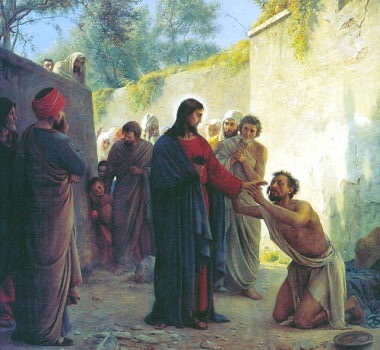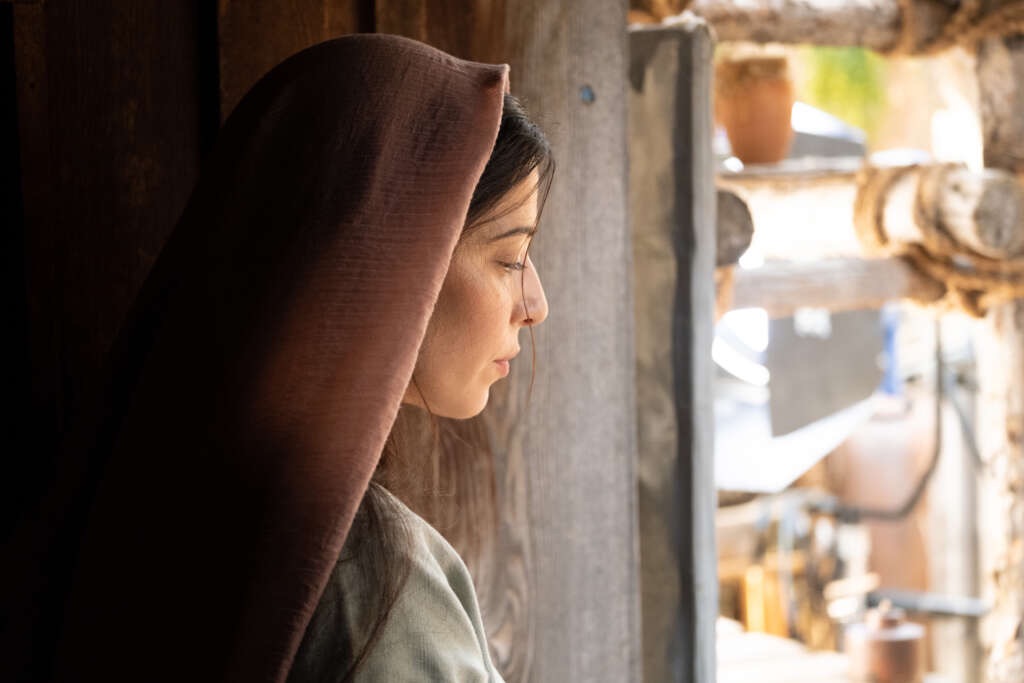
I think about time a lot these days. Maybe because I’ve lived through a lot of years. But also because the idea of time and how we’ve come to understand it has always fascinated me. When I was a kid, I’d search out our library for books about time-travel until the librarian got tired of me asking for new ones. Over the years, I’ve read as much as I can understand about how modern physics explains time and space. But, like many of us I guess, it’s easier to think of time in simple terms, like a river that flows on forever. We step into that river on the date of our birth and we cross out of it on the other side when we die. Our life flows along with the years as we ride down that river of time. We imagine that time had a beginning on that first day of creation in that time will have an ultimate end when Christ returns.
God created time and He holds time in existence. But God Himself exists outside of time. Without a beginning or an end, God exists in all times, in a kind of perpetual “now.” Imagine a timeline from creation to the end of time laid on a huge, long table. God sees all of time in a single glance. Past, present, and future are all “now.” He sees all of eternity and He sees the entirety of your life, from your conception to your death. And yet, the God we serve isn’t a disinterested observer who watches us from the heavens. God loves us so much that He chose to enter into time and become one of us in the Incarnation. Eternity met time in a Bethlehem manger. Our all-powerful Creator became an infant and lived within a family. And with His conception by the Holy Spirit in the womb of the Blessed Virgin, God changed time forever. Through His life, death, and resurrection, time itself was redeemed. The perpetual “now” of God has infused human history with His presence in ways we might rarely imagine, but through which He continues to reveal Himself to us.
Jesus, as the second person of the Holy Trinity, has always existed. Jesus became a child in Bethlehem. Jesus exists always as the infant born to Mary, and the child in the Temple, and the young man at the wedding in Cana. Jesus is always calling His disciples to follow Him. He is always curing the sick and raising the dead. He is always celebrating the Last Supper and being abandoned in the Garden. Jesus is always being stripped and beaten, and carrying His Cross. He is always suffering and dying for us, just as He is always rising in glory and appearing to those who love Him. Jesus is always ascending to His Father, always reigning in heaven. His eternal presence in time is yet one more way that He extends Himself and offers His love to us, at each step in our own earthly journeys. Because He became one of us in all ways but sin, His life among us shares all our earthly joys, our hopes and fears and sufferings. Through His life, through His time as a man on this earth, Jesus opens the door to eternity for us. Through His life, we see the face our merciful God and by His Cross, we find our hope. Whenever we prayerfully read the Gospel, we can experience the “now” of Jesus’ life, suffering, death, and resurrection. The mystery of our salvation is at once an historical fact and, at the same time, as immediate as the air we breathe. And even more essential to life.
Physics tells us that time and space are a mathematical function and it uses the language of math to describe it. All of that is beyond my meager skills. But I know that Jesus hears me when I pray to Him as the baby in the manger. I know that He hears me when I pray to Him as the child at His mother’s knee. I know that He hears me when I pray to Him as the young man at Cana, the rabbi in the Temple, the weeping friend at Lazarus’ tomb, and the suffering Savior on the Cross. I know that every moment of His historical life is an opportunity for me to know Him, to love Him, and to serve Him. In Christ, all time and eternity meet—and He invites us in, to be with Him.
“What then is time? If no one asks me, I know what it is. If I wish to explain it to him who asks, I do not know.” —-St. Augustine








